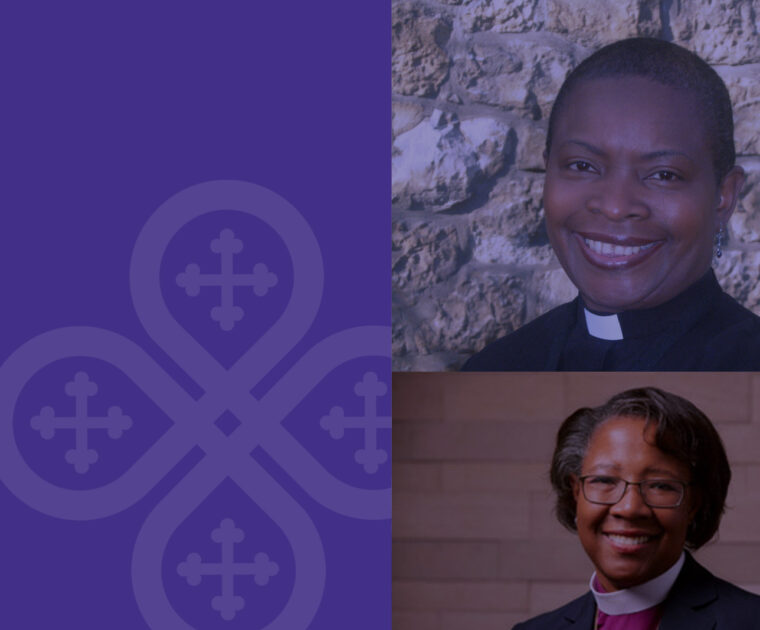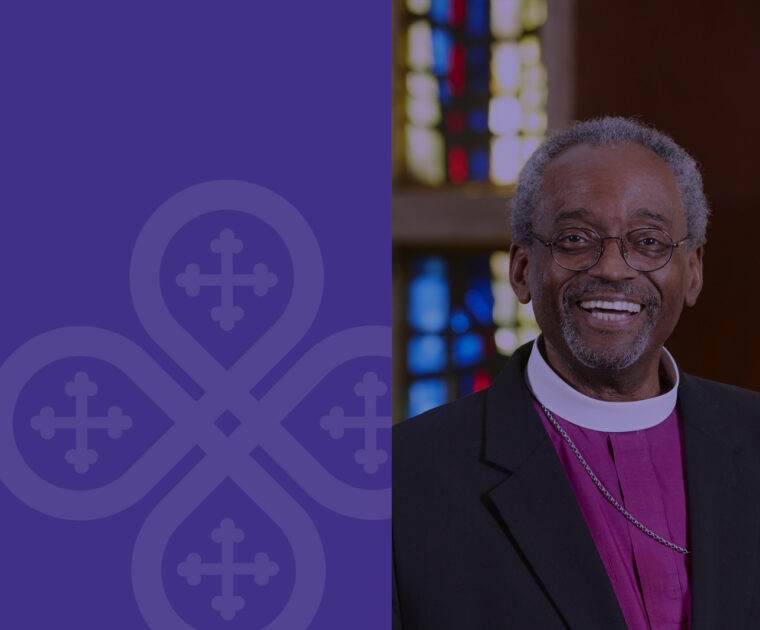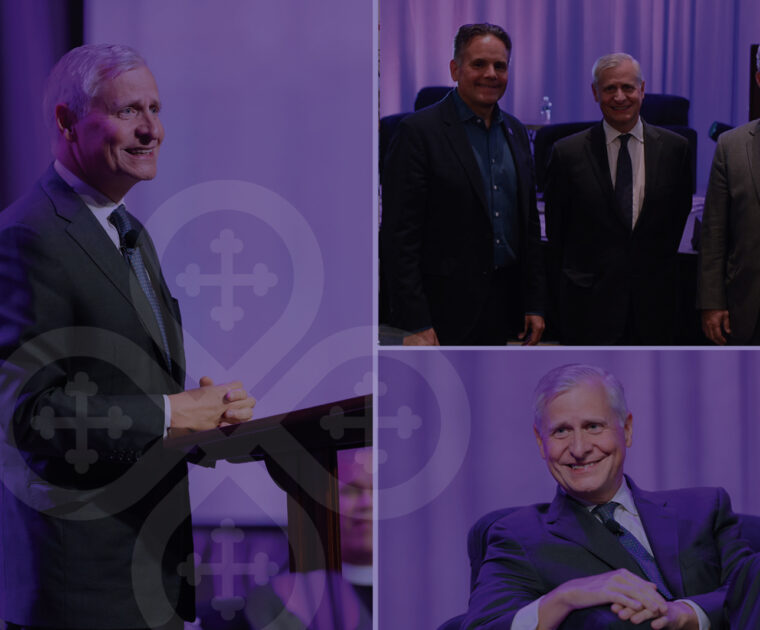Saturday, March 9, 2024 at 10:30 a.m. Strong and vital local ministry depends upon dedicated…


Saturday, March 9, 2024 at 10:30 a.m. Strong and vital local ministry depends upon dedicated…

Thursday, March 7, 2024 at 4:30 p.m. Please join EPN as we welcome two ground-breaking…

The Most Rev. Michael B. Curry Presiding Bishop and PrimateThe Episcopal Church Opening Session –…

Episcopal Parish Network is honored to share the the fifth and final keynote conversation featured…
Browse available jobs with EPN’s member parishes and organizations or post a new position.